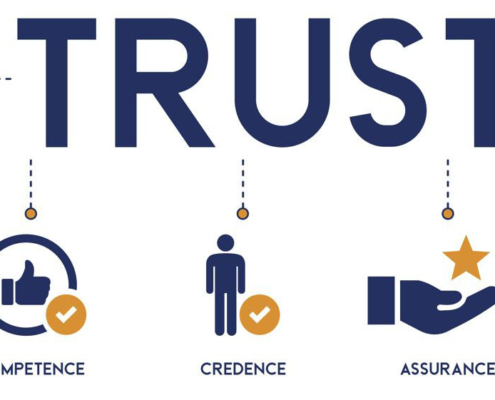Average Salary For Business Owner
To get a sense of small business owners’ average salary, we can examine data offered by the leading job search sites. ZipRecruiter reports that the average small business owner makes just over $62,000 a year. Glassdoor reports a similar number, coming in at $63,500. Payscale suggests a slightly higher salary at $70,000 a year. SmallBizGenius confirms that these numbers are accurate, claiming that 86% of small business owners make less than $100,000 a year.
For those entrepreneurs hoping to strike it rich and make in the $250,000 range, these numbers can be sobering. The small business owners that make $250,000 a year or more tend to be manufacturing executives and those who run holding companies. There are even fewer individuals who make in the million-dollar range. In fact, less than 10% of small business owners make a million dollars per year.
While the thought of making millions of dollars is a tempting one, the reality is that running a small business takes a lot of hard work and money, and the monetary rewards are likely not as great as imagined. The reality is that almost 65% of entrepreneurs start their business with $10,000. Twenty-five percent start out with no financing at all. And 82% of small businesses fail because of cash flow problems.
These figures prove just how financially difficult it is to start an average small business. The entrepreneur making over $250,000 per year is much rarer than the entrepreneur struggling to keep their business afloat.
What are the common challenges faced by the business?
Money is certainly a major challenge that small businesses face. However, there are other issues that can cause a small business to struggle or fail. One should consider the following statistics:
- Over 40% of businesses fail due to their product or service not being original or not serving customers’ needs.
- Almost 20% of businesses fail because they cannot compete with similar businesses.
- Over 20% of businesses fail due to poor management.
- Almost 20% of businesses fail because they lack a business model and plan.
- Almost 15% of businesses fail due to bad marketing.
Confronting the reality of small business ownership can be sobering for many people. However, just because a business owner may not crack $250,000 does not mean that the journey is not rewarding. In fact, 84% of small business owners feel positively about the future. They enjoy meeting the challenges of owning a small business and love what they do. Money, after all, is not everything.

































